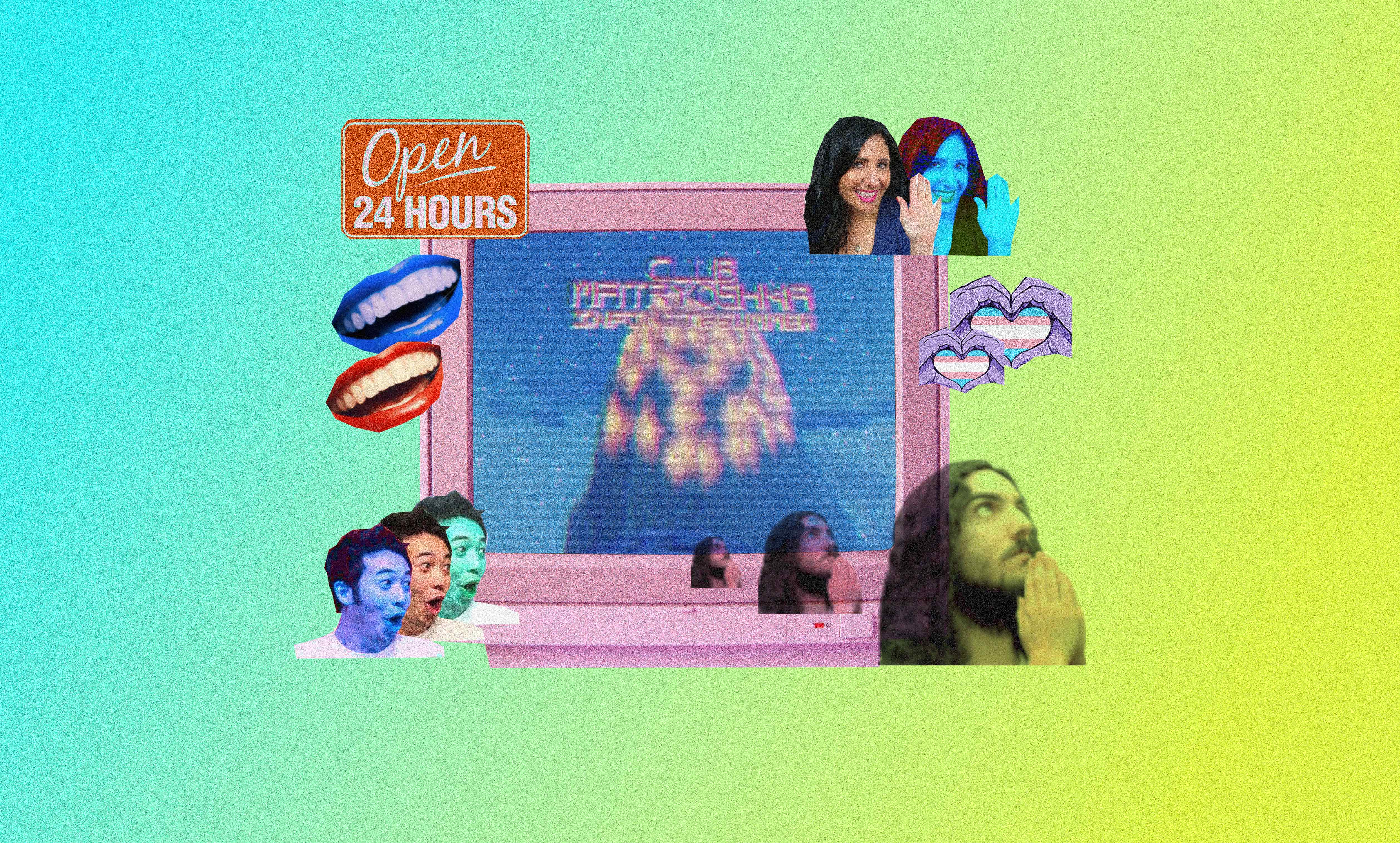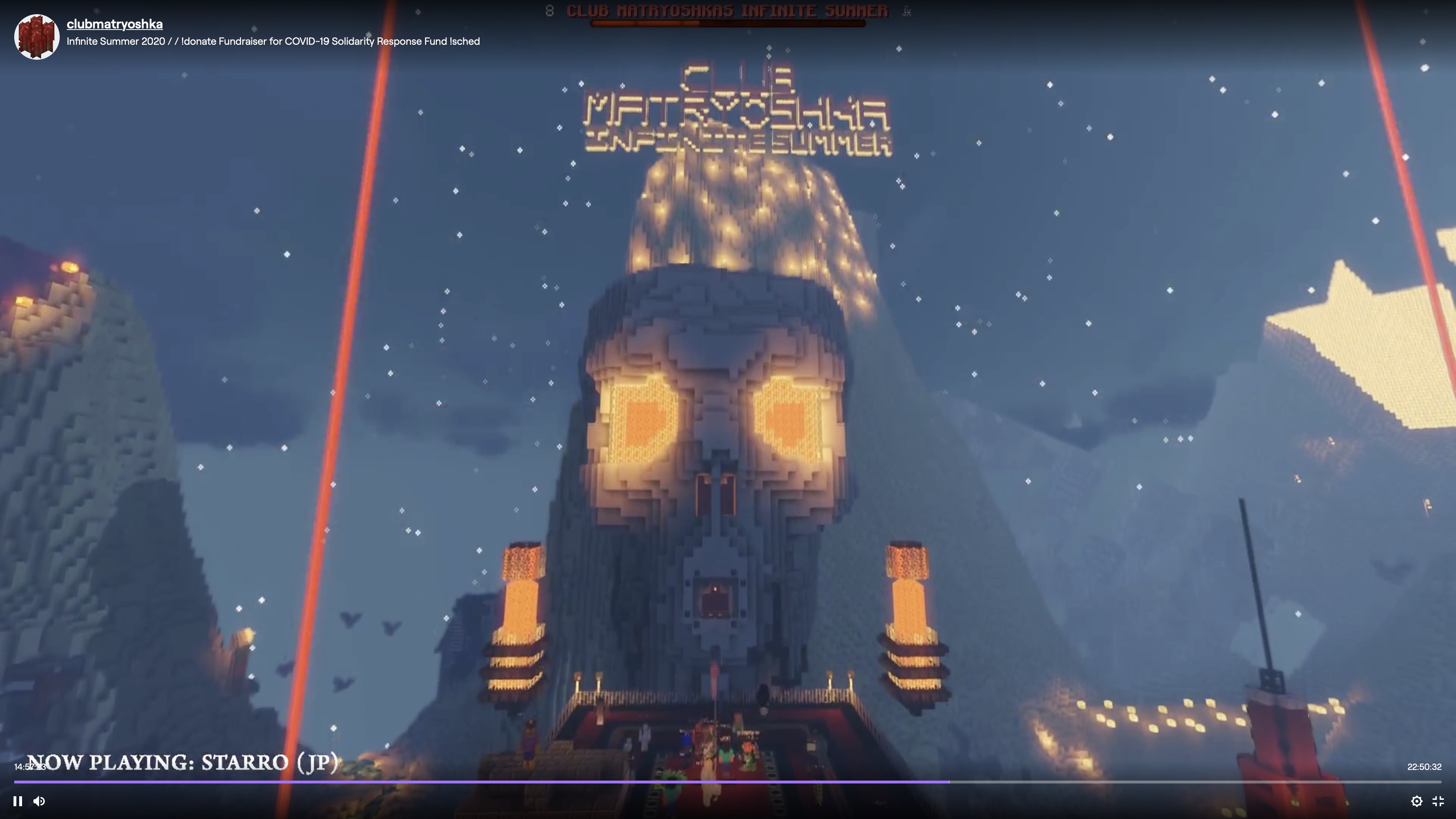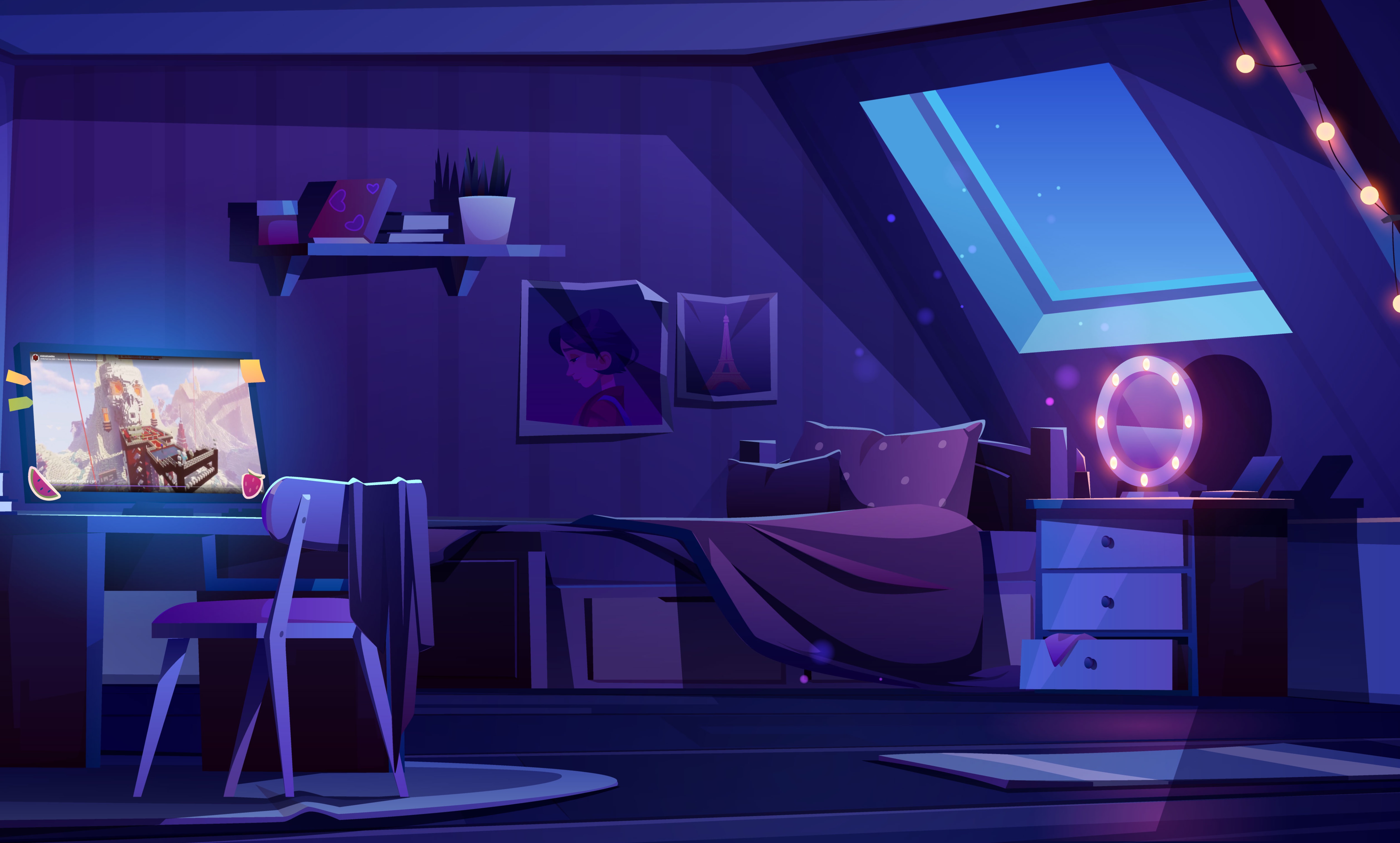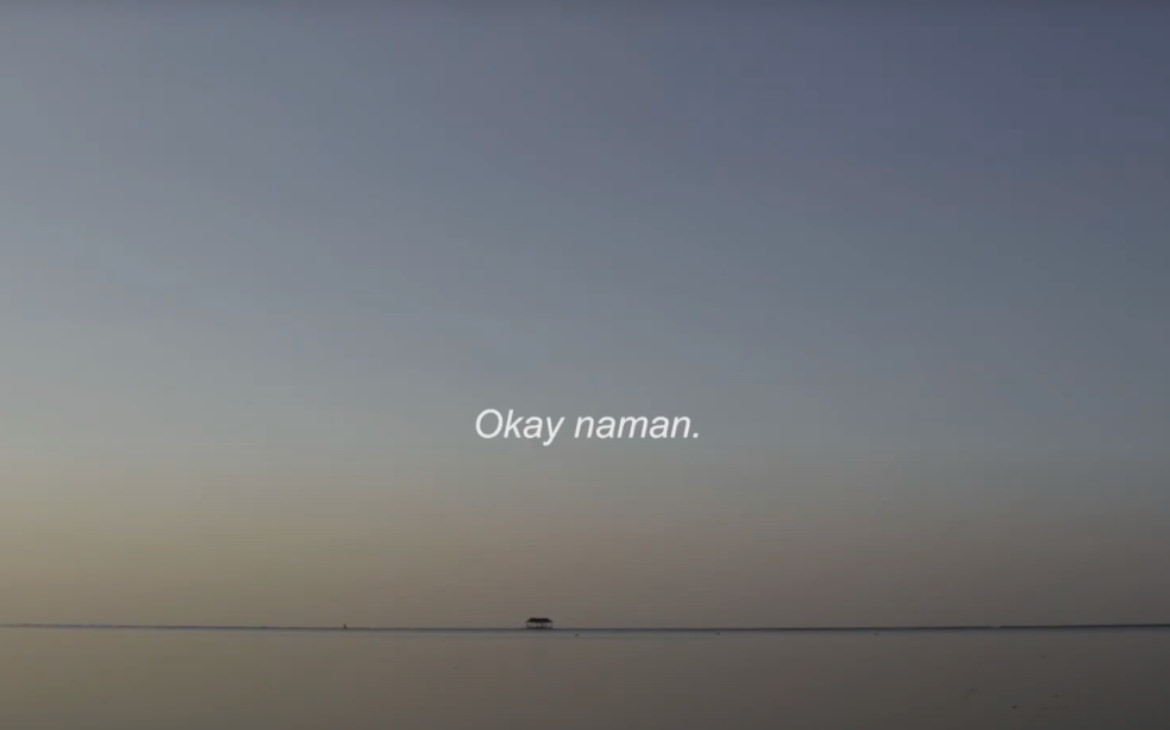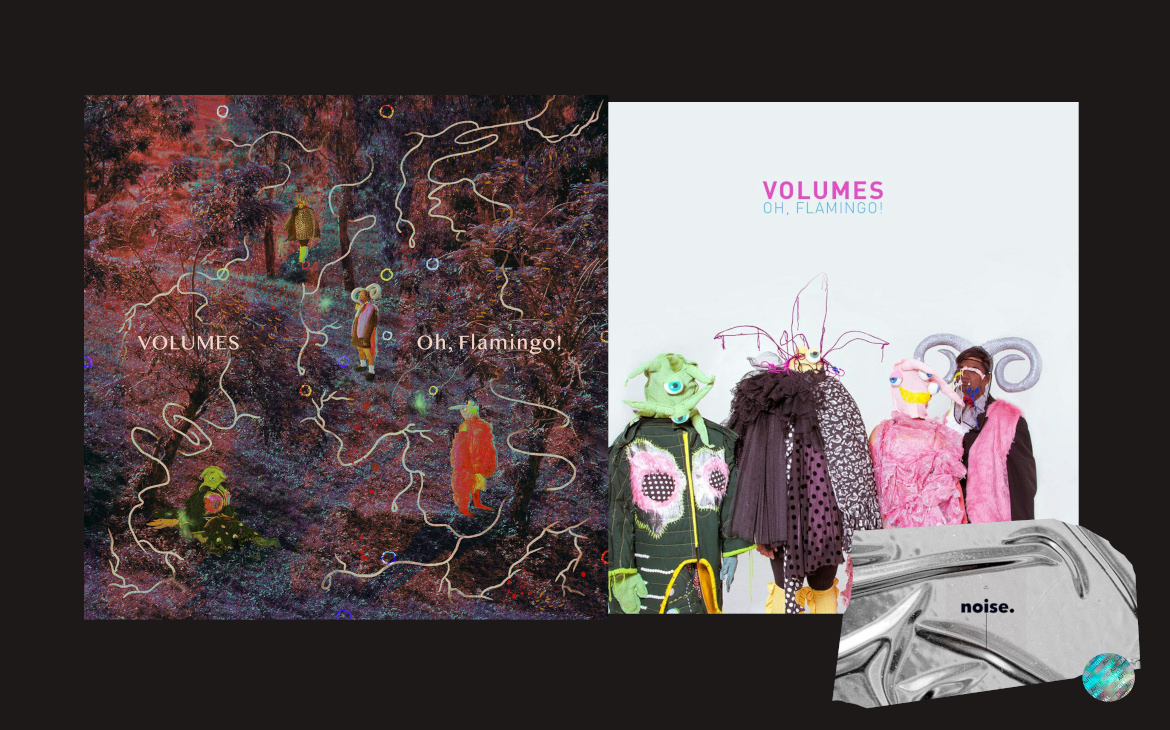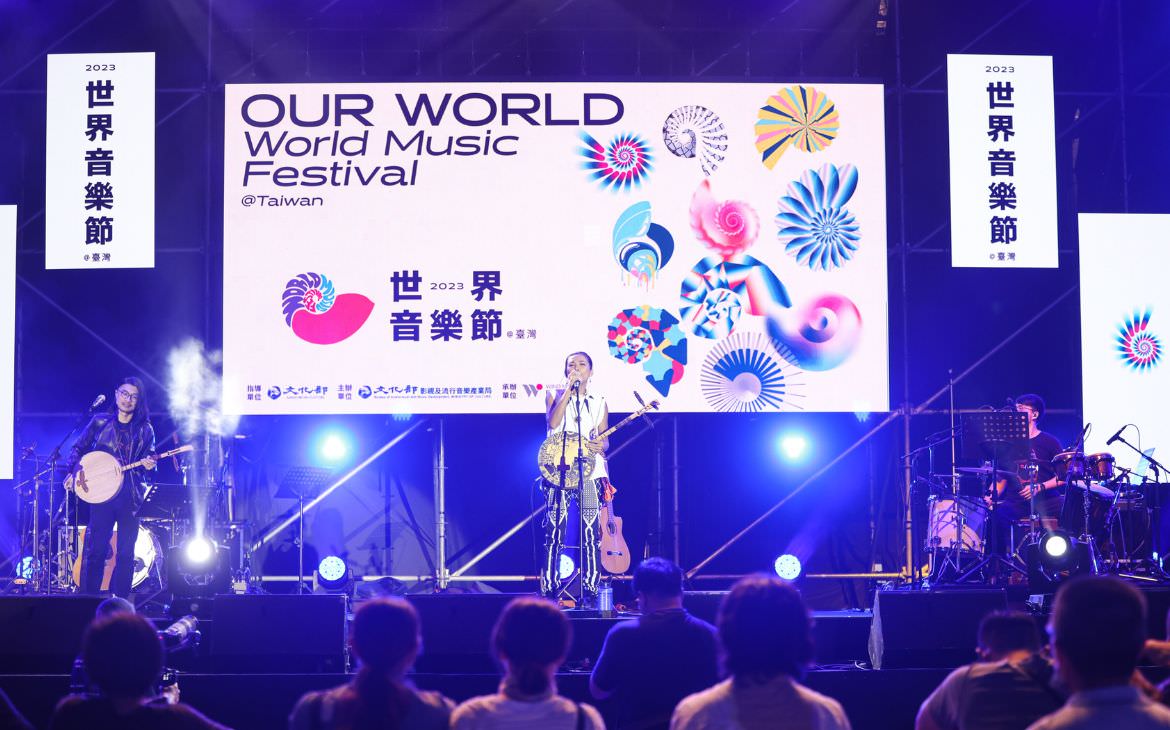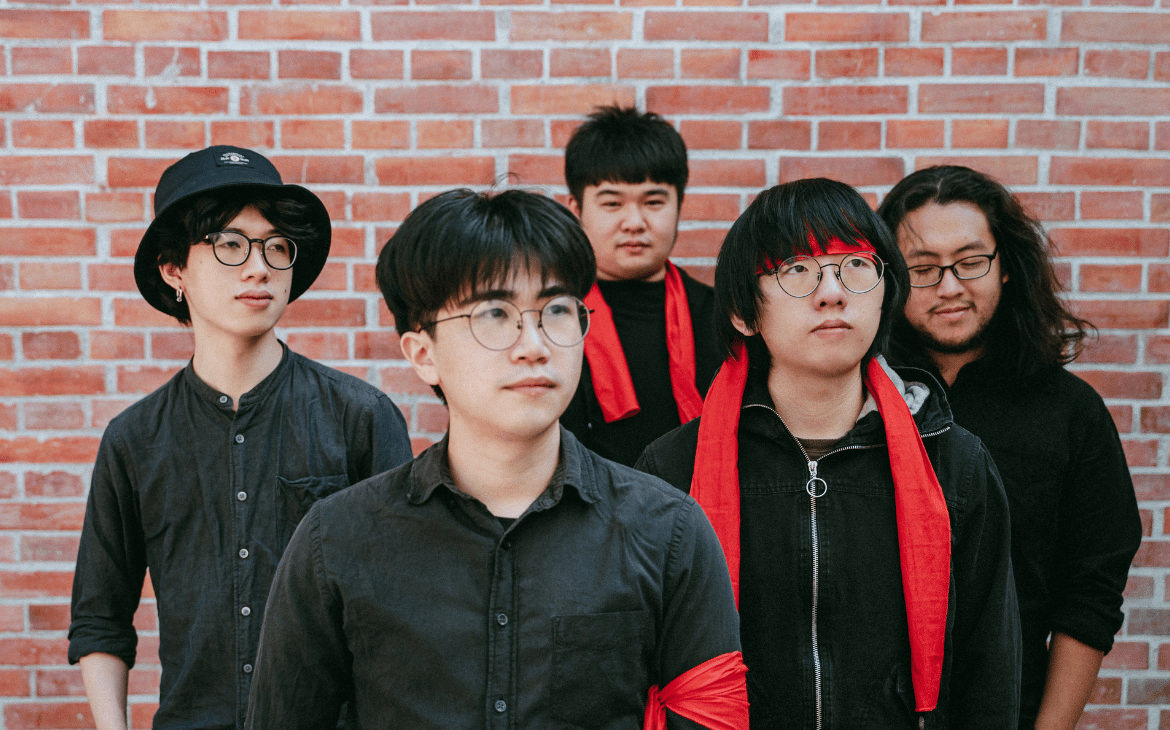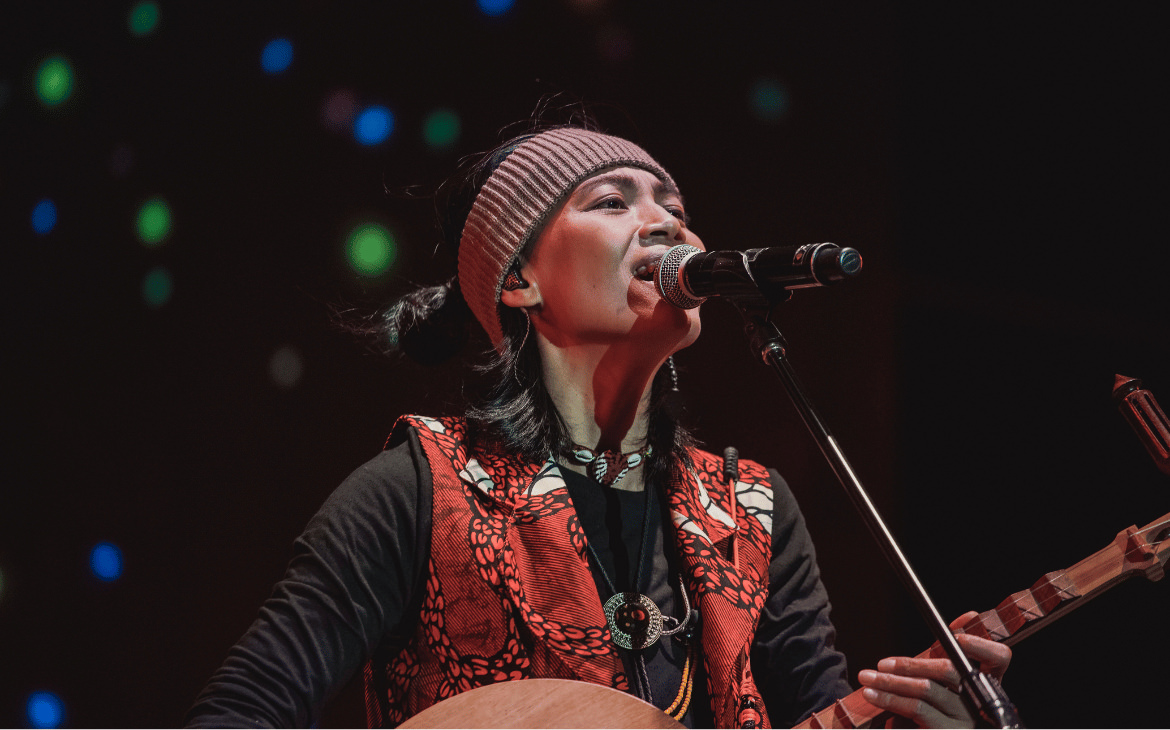A personal essay on the virtual music club’s historic first festival
Words and Art By MC Galang
“Where is it?” I asked, when I first heard news of Manila-based virtual music club Club Matryoshka’s soft opening in July last year. I haven’t seen the immediate details, and when I saw it will be hosted on a private Minecraft server, I thought, “Well, this is interesting.”
Up until that point, I only knew of livestreamed music events (Boiler Room, Coachella), but not a virtual music club in a video game. My PS4 then was mostly used for streaming Netflix and YouTube, and occasionally play Mortal Kombat X—and even then I just randomly pushed buttons and screamed at my TV screen to get through the game. My relationship with gaming was mostly abandoned in childhood. For most part, I’m just clueless. And that cluelessness fueled my intimidation: I don’t go to actual clubs because I feel out of place; and now I have to… play to get in?
But it turns out, that wasn’t the whole point to this effort. It is, in fact, the contrary.
Club Matryoshka founder and prolific producer Jorge Wieneke shared in an Underdog interview that he “felt like the space I had imagined in my head hadn’t existed for Manila yet… I’m a firm believer of being able to recontextualize and re-imagine our culture into something new, diverse and progressive, and I seem to look towards the internet for that.” Realizing the vast limitations that virtual music events pose, such as access to stable internet connection and server security and reliability (one of their fundraising events, 777 Club Online: Minecraft Edition, was disrupted by DDoS attacks and hackers very early on the stream), Wieneke and his dedicated collaborators and team also had to fortify their platform against potential abuse and harassment, while ensuring an option to grant inclusive access to eager participants such as myself who don’t necessarily want to or don’t know how to play the game.
Their two-fold solution to these challenges was to enhance the screening process for interested players and stream the entire event on Twitch for free—with the option to donate any amount that will go into the COVID-19 Solidarity Response Fund for WHO. With the success of the online listening party for Oh, Flamingo!’s latest Volumes EP, the organizers seemed to have a firm handle on the ambitious scope of their 24-hour music festival and contemporary art exhibit, Infinite Summer.
Working with online music communities and event producers Likido and Spoonin Boys, as well as artist collective Para://Site Projects, Club Matryoshka was able to not only redefine the way we experience music, but extract hope out of an unimaginable crisis.
Even with my limited knowledge on how Minecraft works, the manner in which the super team has built and customized the sandbox game to its fullest potential is deeply admirable: the structure—its details and colors: pastels in daytime exteriors and rich, warm tones in nighttime—is inviting. Its landscapes, from the main skull-shaped tower where the avatar DJs “perform” their sets to the beach installations that light up at night, are a sight to behold, gorgeously crafted and evocative of childlike wonder. The visual aspect was clearly not intended to be a secondary experience, it heightens it.
The artist curation was, almost by default, my favorite: an all-encompassing, genre-bending selection that articulated the diversity and progressive (also often subversive) nature of club culture and the community that shapes it. Hillegonda Rietveld, an educator and expert on electronic dance music and game media, noted that “the club culture represents an escape from the regimentation of modern life.” In this case, modern life is abruptly disrupted by the pandemic and in many ways, more detrimental, economically and in terms of mental health.
I was able to stream sets for a little over six hours, discovering many instant favorites like Mirin Doja, Tomggg, Gymternet, Seiho, and Shelhiel, and enjoying sets from Teya Logos, Pamcy, crwn, Tarsius, Meishi Smile, CORIN, and starRo—absolutely going bonkers online and in my room, just dancing and banging out alliterations like, “starRo shimmy shake set” on our Twitter account. The range and caliber of these producers accommodated all tastes, if not expanded them as well—transitioning from go-go and baile deep cuts to industrial metal and glitch with classic R&B samples and deep house breathers, to cite some.
One crucial feature of Infinite Summer is its commitment to safety and inclusivity online. Although not everyone can participate in the game, the Twitch chat room was the most refreshing public online space I’ve ever seen and been a part of in a long time. Given the rampant sexism and misogyny in online, virtual spaces, including gaming, I had my hesitations at first. It became apparent to me, however, that abusive language and harassment had no place in the festival. Aside from reading what I supposed were Minecraft or gaming terms, I was able to enjoy witnessing messages of support and appreciation from the viewers to the producers, and vice versa.
It cannot be overstated how this behavior, attitude, and practice can be cultivated and adopted successfully through mutual trust and respect: the organizers must have the will to enforce measures (and be prepared to retrofit them when necessary) to safeguard the platform and its guests—viewers and artists alike—and impose sanctions against malicious and abusive participants; and that the community should not tolerate disingenuous or half-baked measures that put our safety and security at risk. The onus should not always be put into the audience to make uncomfortable adjustments. Club Matryoshka, Para://site Projects, Likido, and Spoonin Boys, allowed me and the rest of us, women and LGBTQIA+ folks especially, to enjoy music without fear of trauma and/or discrimination.
Music critic Alex Ross wrote in his book, The Rest Is Noise, that “music unfolds along an unbroken continuum, however dissimilar the sounds on the surface. Music is always migrating from its point of origin to its destiny in someone’s fleeting moment of experience—last night’s concert, tomorrow’s solitary jog.” I cannot agree more, so much that I had to write about it.
Connect with Club Matryoshka on Facebook, Twitter, Instagram, and Twitch. Support them on Patreon.

